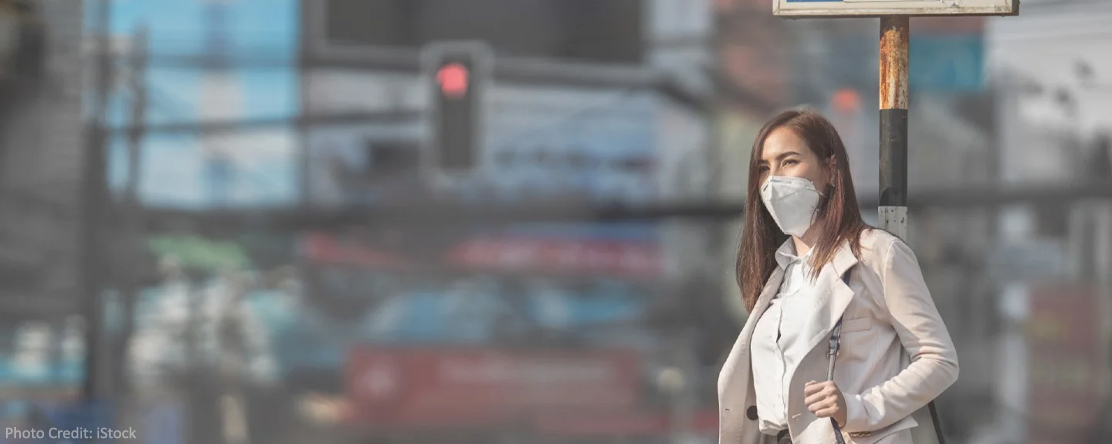
PHI’s Linda Rudolph on Climate Change as a Health Emergency
- Linda Rudolph, MD, MPH
- Mona Sarfaty, MD, MPH
-
Focus Areas
Environmental Health -
Issues
Climate Change -
Programs
Center for Climate Change and Health

Biden should treat climate change as a health emergency
Disadvantaged communities are feeling the brunt of climate impacts.
Since Inauguration Day, the Biden-Harris administration has quickly started to address a range of critical health threats facing our nation. While tackling immediate challenges like COVID-19, the administration has also moved quickly to address the climate crisis, economic recovery, and racial justice. As physicians, and climate and public health advocates, we are very encouraged by their approach because it demonstrates a clear understanding that the climate crisis is a health emergency and a critical health equity issue.
The evidence of this crisis keeps coming. New research released last week showed that more than 8 million people around the world die each year from breathing air pollution from burning fossil fuels. That air pollution is making us sicker today and driving climate change, which will cause worsening health unless we act. It also means that the administration’s early steps to switch to clean and safe renewable energy will immediately improve our health.
One particularly encouraging move is the creation of a new Office of Climate and Health Equity in the Department of Health and Human Services. The name itself demonstrates recognition that while climate change threatens the health of everyone — through air pollution, heat waves, worsening hurricanes, catastrophic wildfires, the spread of disease-carrying insects, and threats to our food and water — the harms are experienced sooner and worse by those with fewer resources and less power. As with existing health inequities, race, zip-code, income and jobs too frequently predict the uneven impacts.
As encouraged as we are with these initial steps, far more is needed. The Biden-Harris “whole of government” approach to the climate crisis means that all departments must recognize that they are on the front lines of climate change. In addition to a focus on climate in all agencies, we need to make sure that we’re looking at how these policies impact health and health equity rather than simply maintaining — or worse, deepening — an unfair and unjust status quo. What they will quickly see is that climate policies can improve health, advance equity and yield significant health care cost savings. Every agency needs ambitious action that is built on this “triple-win” premise.
A recent memo from 68 health and medical organizations, including the Medical Society Consortium on Climate & Health and Public Health Institute, outlined nine key priorities for promoting health and equity in climate actions across many agencies. For example, there are vital early opportunities in the Departments of Transportation and Agriculture, which have uniquely important levers to pull to improve health, address climate change and advance equity. These can be taken before and alongside efforts to work with Congress to enact legislation to address climate, health and equity.
Read the full pieceOriginally published by The Hill
Work With Us
You change the world. We do the rest. Explore fiscal sponsorship at PHI.
Support Us
Together, we can accelerate our response to public health’s most critical issues.
Find Employment
Begin your career at the Public Health Institute.


